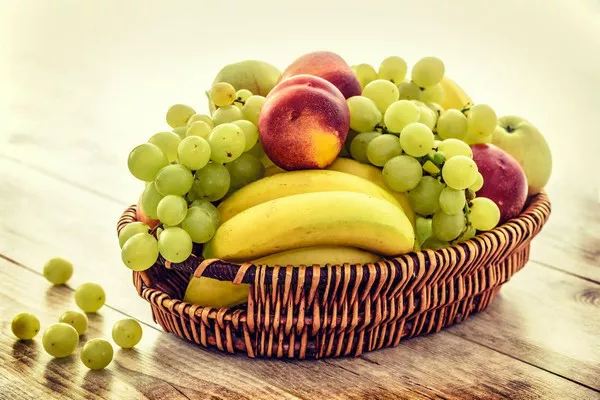Fruits are renowned for their rich offering of essential vitamins and minerals, constituting a vital component of a balanced diet. However, it is imperative to understand how certain factors, such as exposure to light, temperature, and air, can affect the nutritional content of these fruits. In this regard, the decision to refrigerate peeled fruit warrants closer examination, as it carries implications for both the preservation of nutrients and the overall flavor.
It is widely advised against peeling fruits before refrigeration due to the potential consequences. Peeled fruits are more susceptible to infection and oxidation, leading to a more rapid loss of essential nutrients and flavor. To maximize the benefits of fruit consumption, it is recommended to peel and consume them immediately to retain the highest nutritional value.
However, it is essential to note that not all fruits should be peeled. For those fruits that are best enjoyed with their peel intact, a thorough washing with specialized cleaning products or a solution of slightly salted water is advised. This step helps remove surface contaminants, such as dust and pesticides, ensuring a safer and more nutritious fruit consumption experience.
Moreover, the timing of fruit consumption is a crucial factor in reaping their nutritional benefits. Consuming fruits after meals enhances nutrient absorption and triggers increased saliva production, which aids in oral hygiene. The consumption of whole fruits is also preferable to fruit juices, as it provides a richer source of dietary fiber.
For those seeking a satisfying and nutritious snack, the combination of fruits and yogurt, with or without added sugar, serves as an excellent option. However, it is advisable to avoid consuming fruits shortly before bedtime to mitigate the risk of indigestion.
Additionally, individuals with gestational diabetes should exercise caution when selecting fruits, as those high in sugar content, such as mangoes, papayas, bananas, lychees, and dried fruits, should be consumed sparingly. Opting for lower-sugar options like apples, oranges, kiwis, guavas, or dragon fruits is recommended.
Individuals with kidney issues should be mindful of their fruit choices, as fruits rich in potassium, such as durians, bananas, guavas, and jackfruits, may not be suitable for their dietary needs.
For those with specific health conditions, consulting with a healthcare professional is advised to make informed choices regarding fruit consumption. Understanding the impact of refrigeration and peeling on fruit nutrition is an essential step toward optimizing the health benefits derived from these natural treasures.

